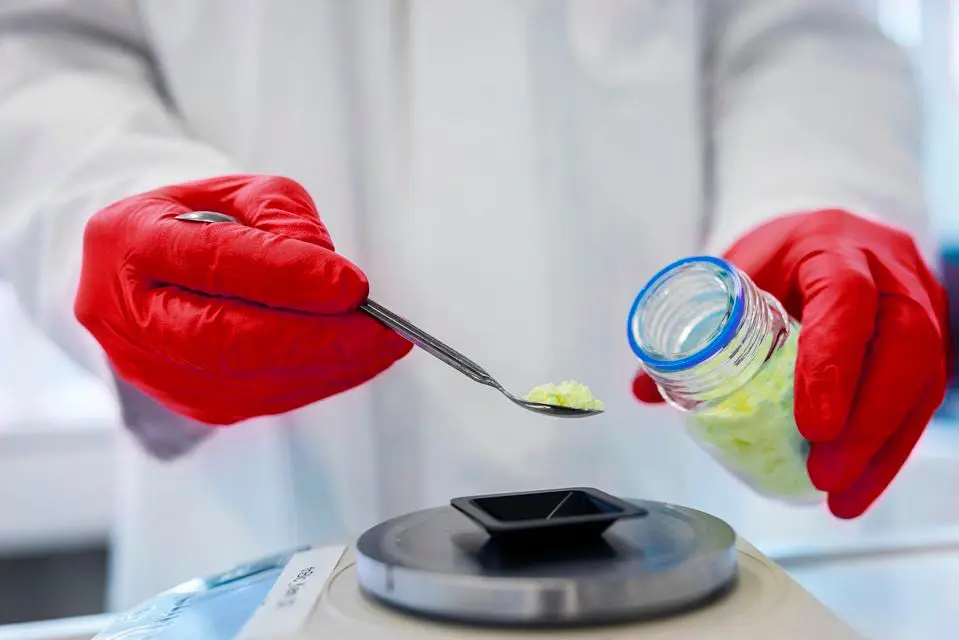Theion, a German battery startup, is appealing advanced technologies that could achieve 1,440 km on a single charge as early as 2024.


One of the most common criticisms leveled at EVs is their limited range. Although a 480 km range is now more common for current electric vehicles, some fossil-fuel models can travel two or three times as far on a single tank. However, what if your BEV could travel 1.440 km on a single charge? Theion, a German battery startup, is appealing advanced technologies that could achieve this capability as early as 2024.
Sulfur is essential to Theion’s new tech, and the company’s name is obtained from the Greek word for this yellow mineral. According to CEO Dr. Ulrich Ehmes, it possesses the specific properties to usher in an upheaval in battery chemistry, with ramifications throughout all crucial sectors for EVs. Marek Slavik, co-founder, and CTO had been continuing to work on the innovation for over a couple of years, and Ehmes has recently arrived to make it a development fact. As a matter of fact, sulfur, unlike lithium, appears to require even less energy to create and expense only pennies on the dollar to obtain, according to the company.
“Current battery tech employs nickel, manganese, and cobalt for the cathode,” Theion CEO Dr. Ulrich Ehmes explains. “It’s called NMC 811 because it’s made up of 80% nickel, 10% cobalt, and 10% manganese.” In our exemplification, we substitute sulfur for NMC 811. So there is no nickel, manganese, or cobalt in our cells, and we replace the current collective folds of copper and aluminum with graphene, so there is no aluminum or copper in our cells as well. We only have lithium metal foil, sulfur, and carbon in our cells.”
Theion’s next stage is to deliver its material to aerospace customers later this year as an aspect of the processing is applied. The company then intends to support air taxis, drones, cell phones, and notebooks before transitioning to the electric vehicles sector as early as 2024.